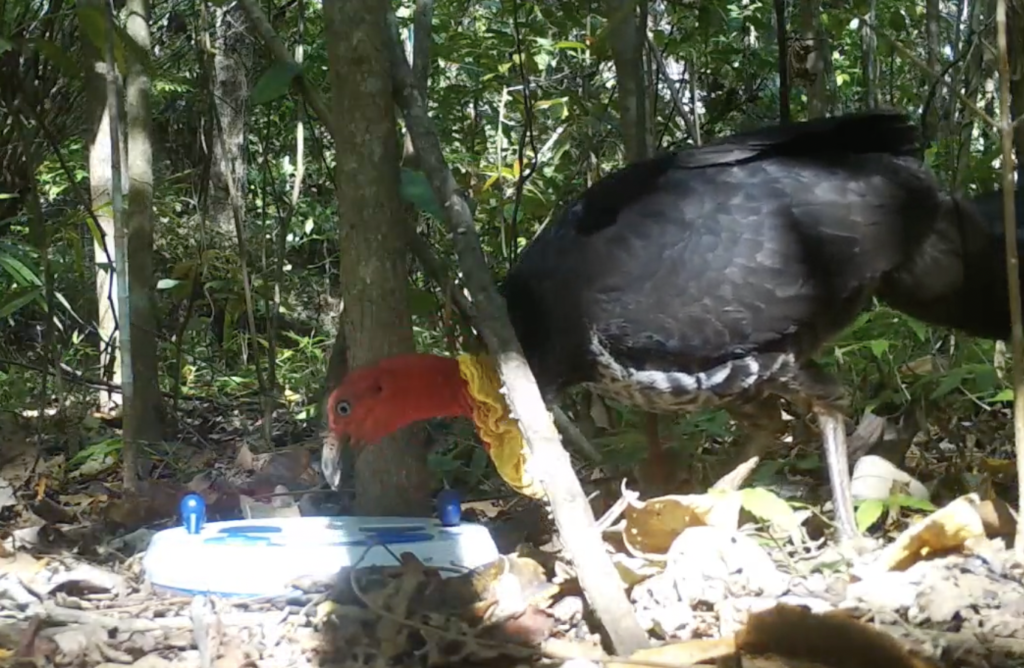This study explored the problem-solving abilities of native Australian animals in farmland, woodlands (wandoo and white gum) and rainforests.
The results indicated that a diverse range of Australian species, including placental mammals, marsupials, birds, and reptiles, were able to solve the various types of puzzles in different habitat types. The results challenged the hypothesis that farmland species were better problem-solvers than species in woodlands (wandoo and white gum) and the rainforest. Instead, species across taxonomic groups exhibited diverse problem-solving methods, with taxonomic group and habitat type influencing the persistence and solving success.
By examining how different species approach and solve puzzles, we gain a deeper understanding of their adaptability and survival strategies. For example, species proficient at problem-solving may possess advantageous traits such as cognitive flexibility, innovation, and adaptability, which are essential for navigating environmental changes effectively (Greggor et al., 2015; Lee & Thornton, 2021). Understanding these traits can help us predict which species are likely to thrive, and which may face threats in altered habitats, especially amidst escalating urbanisation trends (Papp et al., 2015; Audet et al., 2016; Preizner et al., 2017; Prasher et al., 2019; Vrbanec et al., 2021; Vincze & Kovács, 2022). Therefore, by understanding the mechanisms driving a species’ problem-solving skills, we can inform more effective conservation strategies to preserve biodiversity in the face of urbanisation and habitat alteration (Magle et al., 2019; Rowell et al., 2021).
